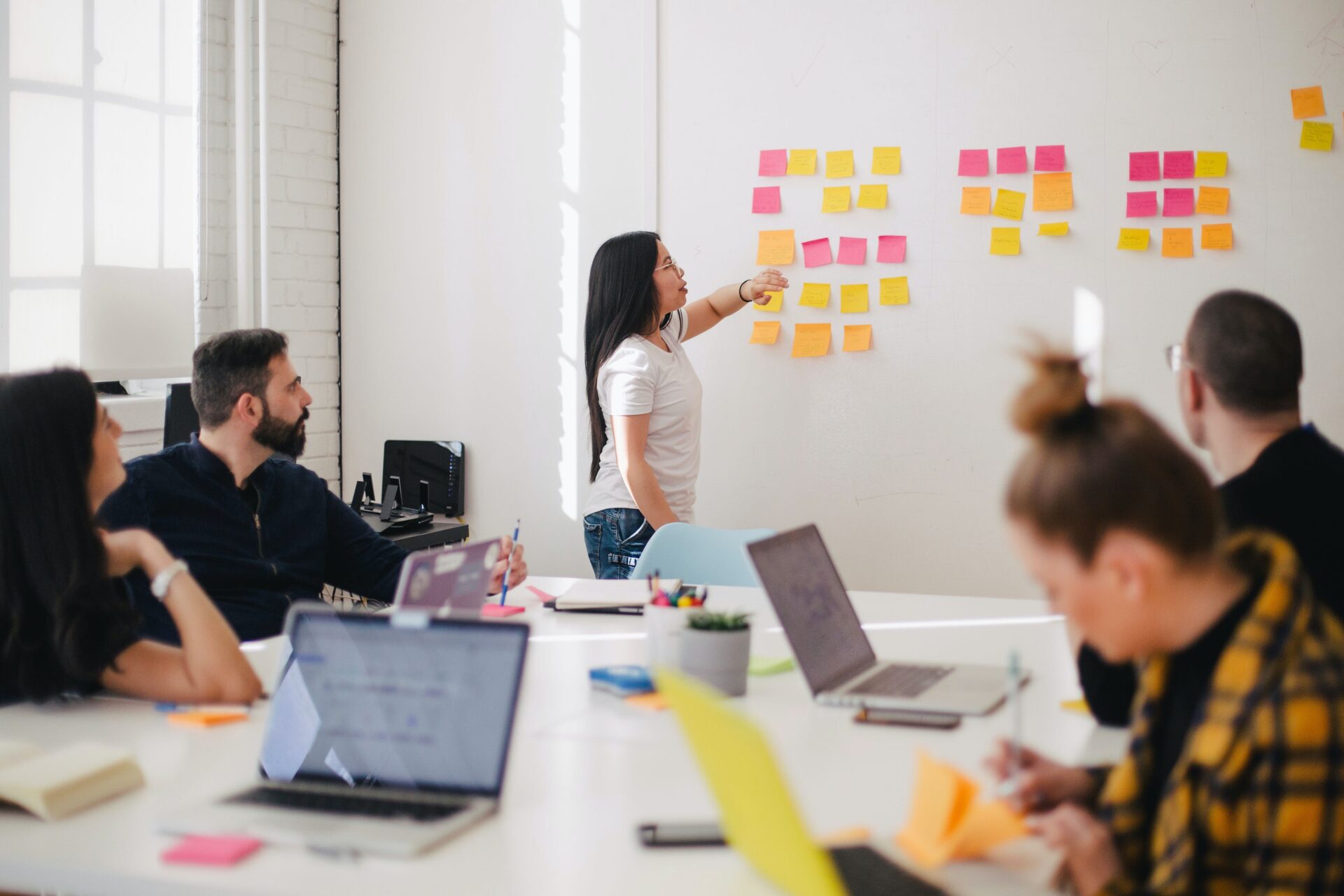Breakout Rooms – Online participation
The FoSSNet Conference 2025 offers two interactive online breakout sessions, providing a unique opportunity to contribute to shaping the future of food systems science. Whether you’re an early-career professional or an experienced researcher looking to build a European network, these sessions are designed for you.
Limited spots available – Register by 21 March 2025!

Breakout 1: Fresh Perspectives Needed – Early-Careers’ Contributions to Food Systems Transformation
📅 Date: Wednesday, 26 March 2025 | 🕒 15:00 – 17:00 GMT
📍 Format: Online Breakout Discussion (Zoom) + Expert Roundtable (YouTube Live)
🎯 Who should join? Early-career scientists, PhD candidates, and professionals eager to shape food systems science.
Are you an early-career scientist or professional interested in reshaping the future of food systems science in Europe? Join us for a dedicated session on how food systems science supports food systems transformation at the upcoming FoSSNet conference in Oxford. While the conference will be held in person, this session is designed to allow early-careers* from across Europe to participate online, allowing fresh and innovative ideas to be presented for an inclusive and impactful dialogue.
Register hereWhy participate?
- Share your ideas: Exchange ideas and insights with emerging food system scientists and professionals in an inclusive, open environment, and engage in dynamic discussions.
- Expand your connections: Connect with early-careers from diverse backgrounds across Europe. Be inspired by others working on similar topics and striving towards common goals.
- Drive change: Contribute to advancing the narrative with fresh perspectives and progressive approaches.
- Explore future opportunities: Get involved in the FoSSNet network and take part in upcoming initiatives to build competencies and skills to navigate complex food system challenges.
About the session
Title: Food Systems Science in Food Systems Transformation
Date & time: Wednesday, 26 March 2024, 15:00 – 17:00 (GMT)
Session overview: This session will explore the food systems science’s role in fostering discussions on food systems transformation. It includes:
- Plenary moments with an expert roundtable (YouTube livestream)
- Breakout session for focused group discussions, with some groups meeting in person at the conference and an exclusively online group for early-careers (Zoom).
Through these activities, participants will explore what effective collaboration in this field looks like, share their experiences, and reflect on key takeaways from the plenary moments. The session will also focus on identifying the key actors needed for collaboration and developing recommendations for a Pan-European food systems science network. The goal is to gather insights from the next generation of food system scientists and professionals, fostering connections and shared learning.
Registration details
To ensure engaging and productive discussions, online participation is limited to 30 early-career participants. Please register your interest by filling out this form by 21 March 2025. Once confirmed, you will receive further details and instructions on how to join online.
*Note: In the FoSSNet context, “Early careers” broadly refers to emerging scientists, PhD candidates or students, early-stage researchers and professionals in food systems science or related fields, as well as those looking to upskill in these fields. If you see yourself as an early-career and are eager to make an impact in food systems, we invite you to join us!
🌟 Be part of building a stronger, more connected research community!
Breakout 2: Co-Creating the Food Systems Science Network
📅 Date: Thursday, 27 March 2025 | 🕘 10:00 – 12:00 GMT
📍 Format: Plenary sessions (YouTube Live) & Online Breakout Discussions (Zoom)
🎯 Who should join? Researchers, professionals, and organizations shaping the future of food systems science in Europe.
The European project Food Systems Science Network (FoSSNet) invites you to participate in an online session and provide a mix of keynote talks, roundtable discussions, and small-group workshops. Attendees will discuss and contribute to shaping a European Network for food systems science, focusing on network needs and stakeholder roles.
If you are a researcher, a professional, or an institution/organisation with an interest in food systems and wish to contribute to creating a network of individuals working with system science approaches, this event is for you.
Register hereWhy Participate?
- Shape the Network: Contribute to defining the goals, structure, and governance of the Food Systems Science Network.
- Collaborate with Experts: Engage in discussions with leading researchers, policymakers, and industry professionals.
- Strengthen European Research: Explore how the network can foster long-term collaboration and improve food systems governance.
- Expand Your Impact: Help position FoSSNet within the existing European research landscape and ensure it meets the needs of stakeholders.
About the Session
Title: Strategising the Actions to Establish the Food Systems Science Network
Date & Time: Thursday, 27 March 2025 | 10:00 – 12:00 GMT
Session Overview: This highly interactive session will bring together key stakeholders in two formats:
- Plenary moments (YouTube livestream) Gain insights from inspirational keynote speakers on how successful research and innovation networks are built.
- Breakout sessions for focused group discussions, with some groups meeting in person at the conference and an exclusively online group (Zoom). Join the breakout groups and collaborate with peers to identify network gaps and propose strategies to strengthen connections across Europe, and to defining the value proposition of the Food Systems Science Network.
We will together explore key questions such as:
- How can a food systems science network attract and support scientists?
- How can FoSSNet position itself within existing European research networks?
- What actions are needed to ensure long-term sustainability and impact?
Registration Details
To foster meaningful and productive discussions, online participation is limited. Please register your interest by 21 March 2025. Once confirmed, you will receive further details and instructions on how to join online.
🚀 Don’t miss this opportunity to shape the future of food systems science in Europe!